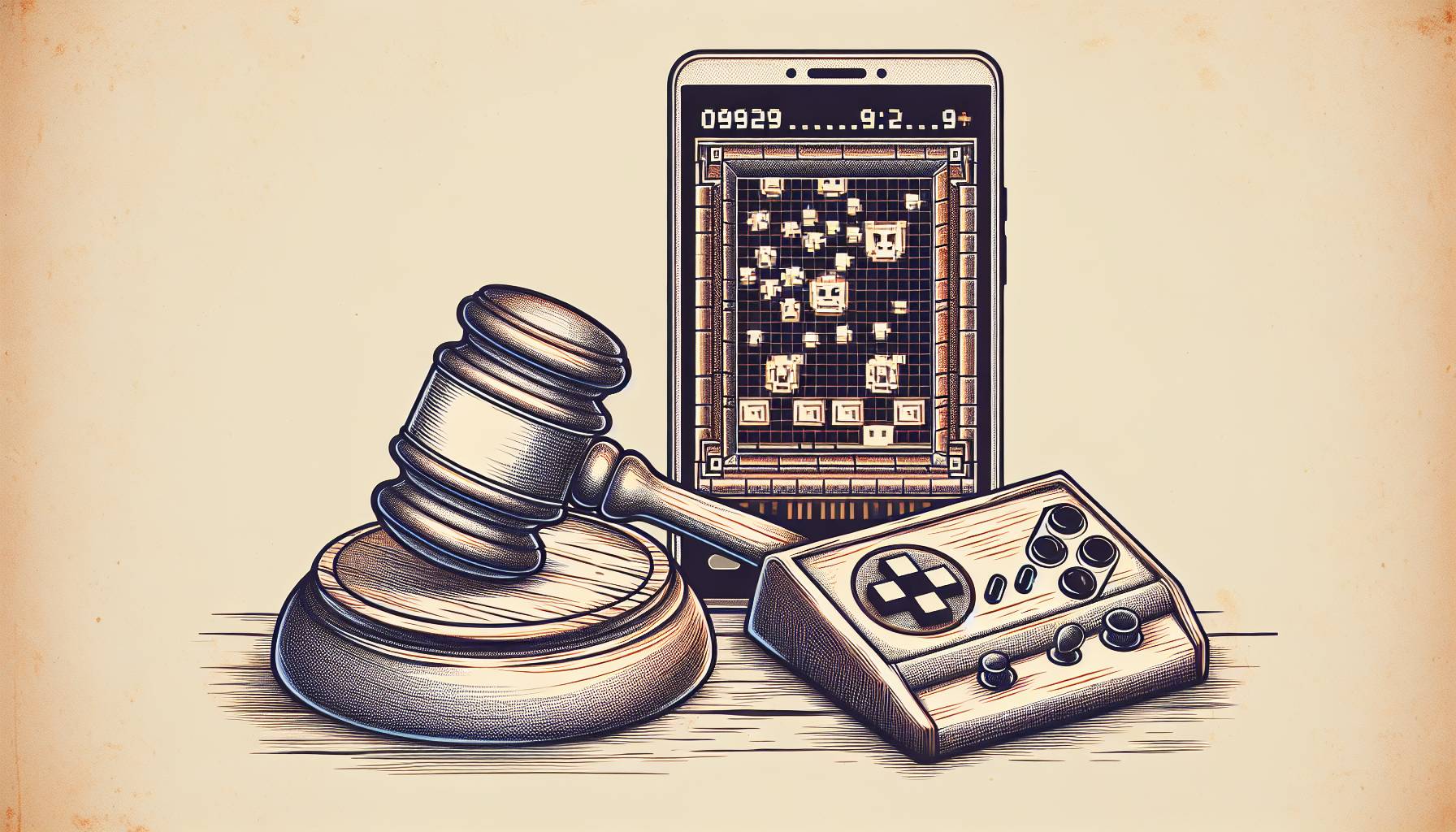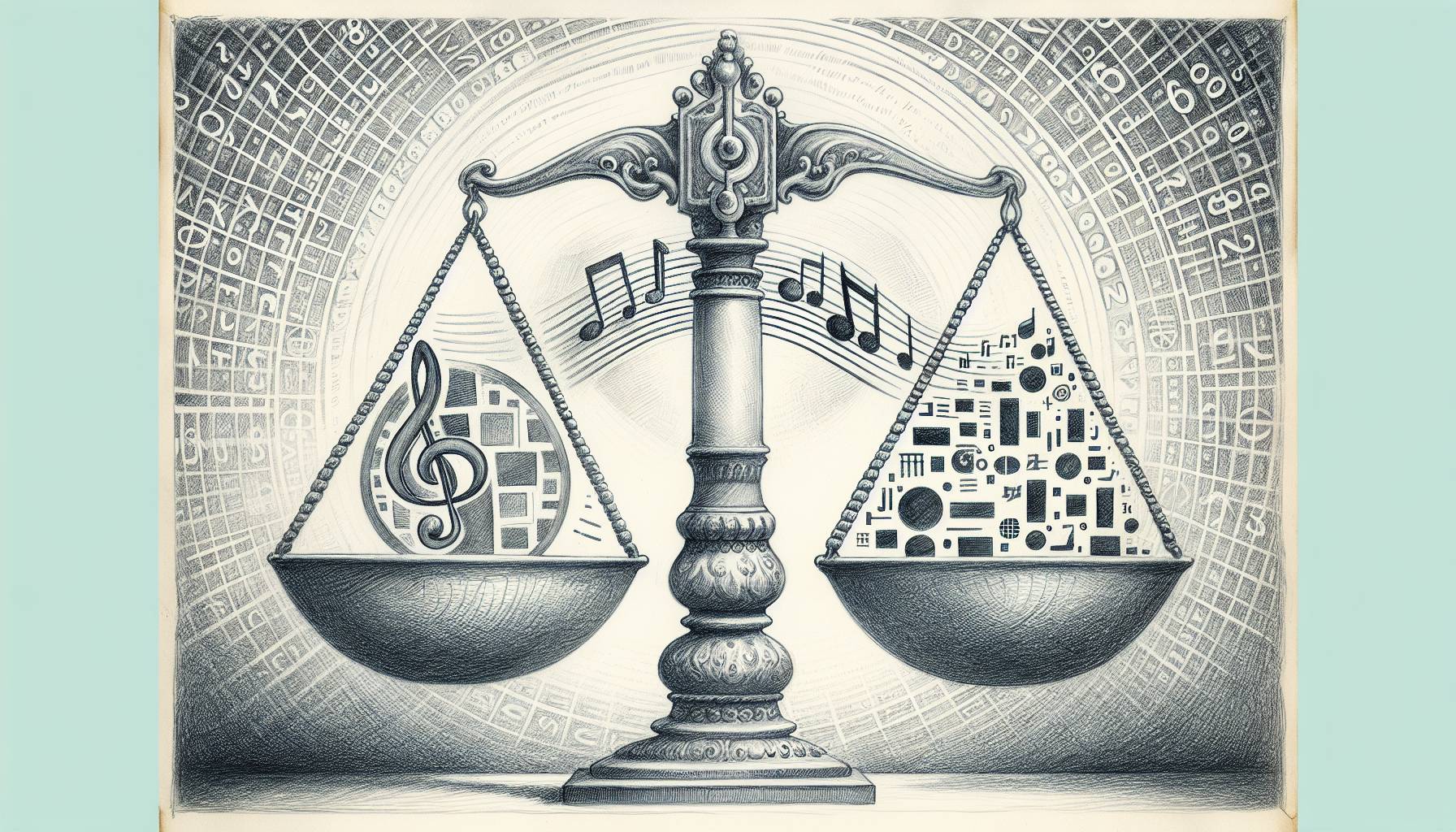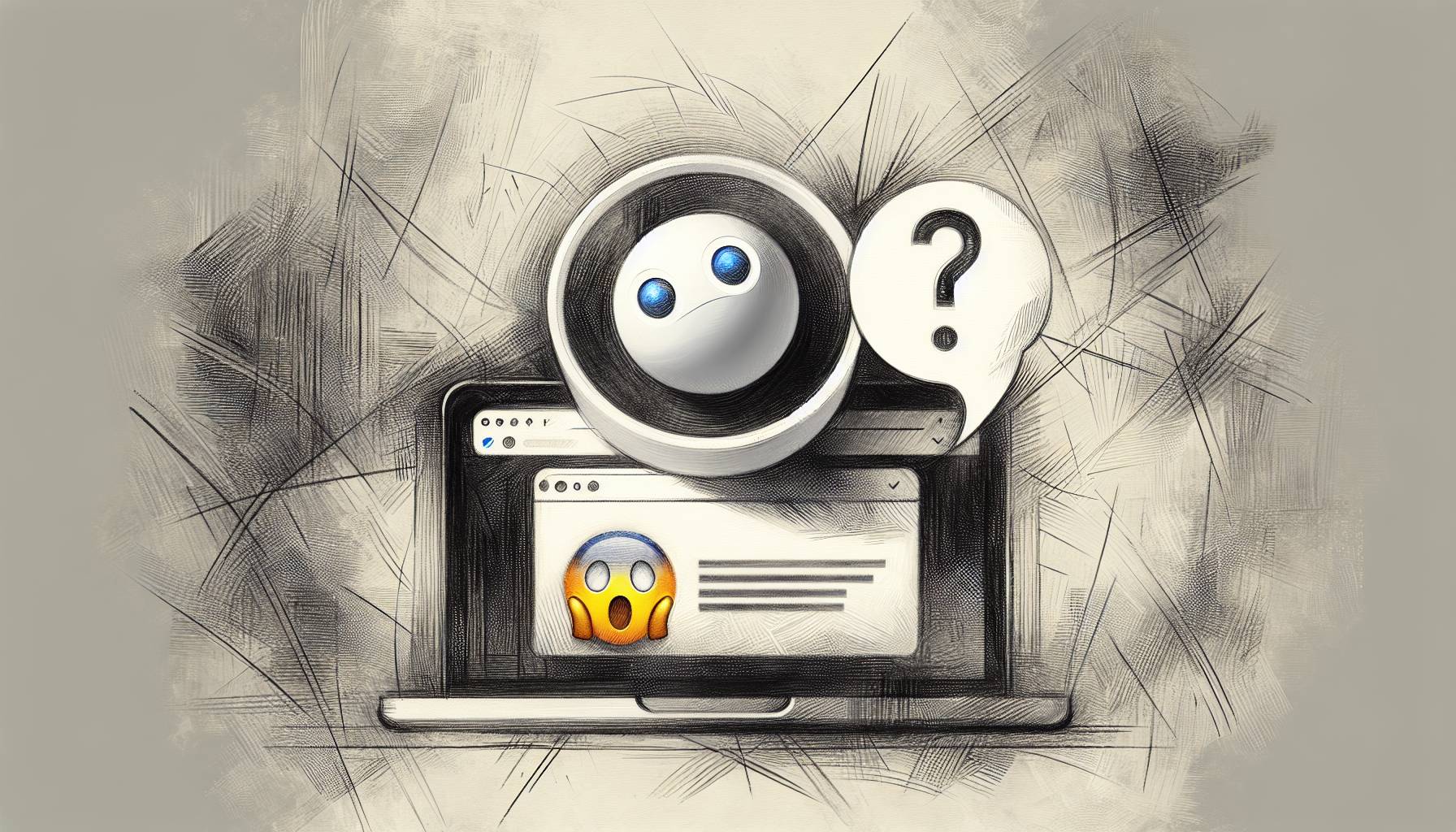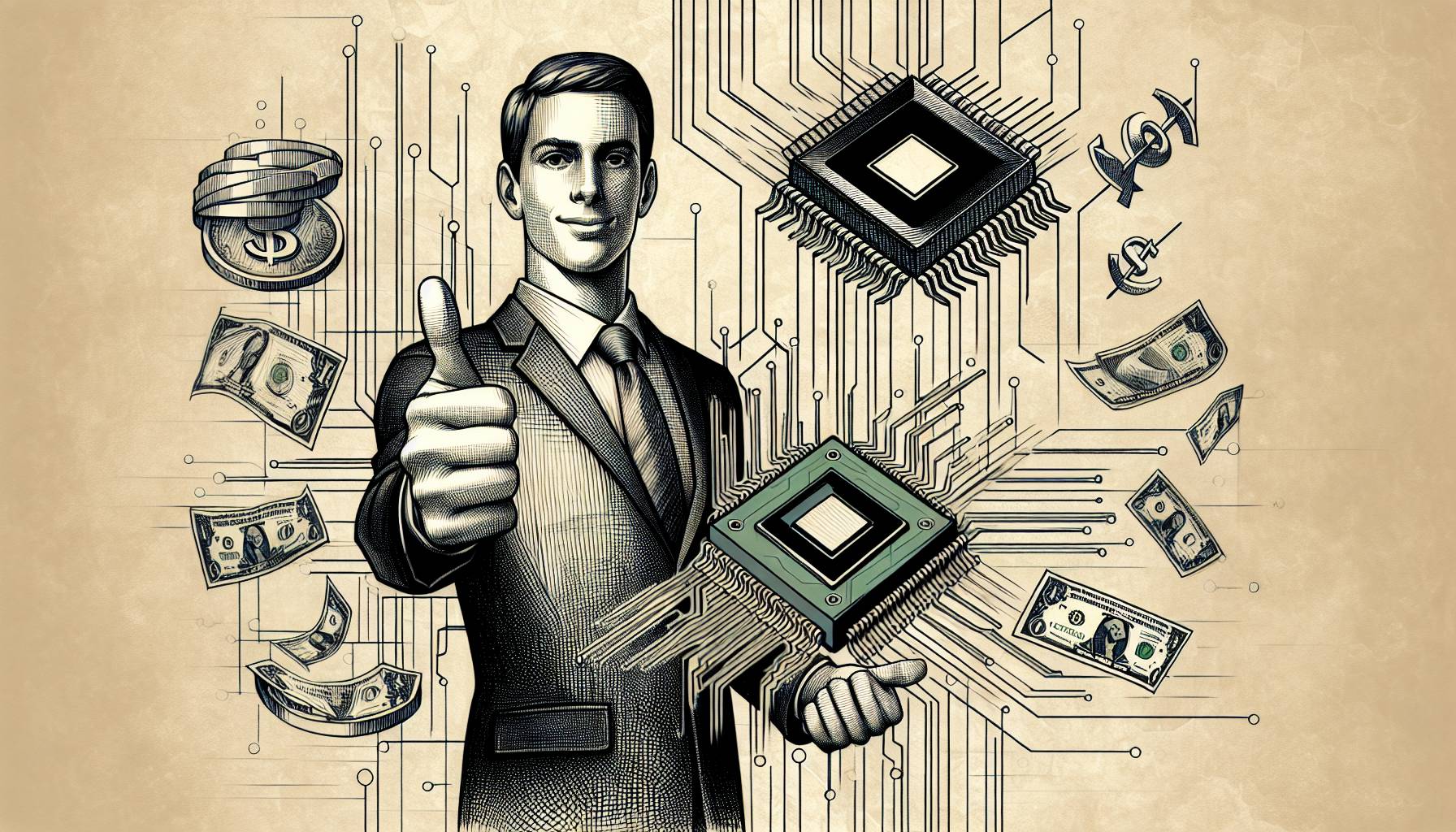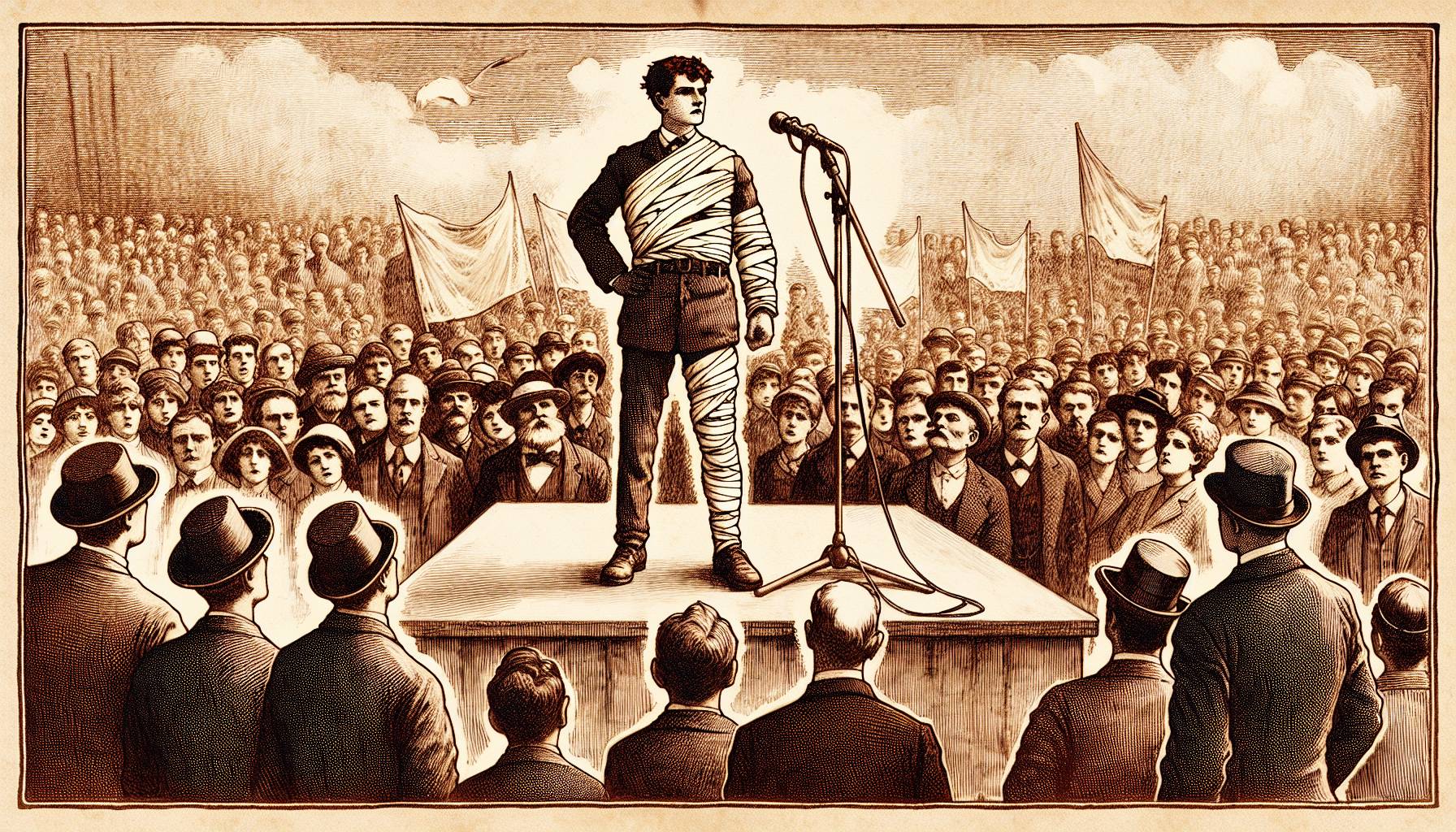Location: Sioux Falls, South Dakota
Notable apps: Intro to Math ($4.99), Intro to Letters (coming soon)
Platforms: iPad and iPhoneSpecialty genres: Education
Company size: 4 Partners
Short description of company: Montessorium extends the materials and activities found in a Montessori classroom and puts them at the simple tap of a child’s fingertips. Old school, Meet New School.
How did you and your firm get into the iPhone/mobile app development business?
We have a very unique but perhaps not uncharacteristically happenstance biography. One day, after school, two Montessori parents pulled aside their son’s Montessori teachers to discuss the possibilities of developing Montessori apps. The rest is history. From that moment on we started to think hard about which classroom activities would translate best into universal applications for the iPhone and iPad. No small task, to be sure. Our main intention was to expose an entirely new generation to the sheer awesomeness of the Montessori approach to education. What better way, than to put the future of education, in the hands of children? In our opinion, the only thing more revolutionary than the iPhone and iPad is learning on it!
In your opinion, how has the iPhone and Apple’s iTunes App Store changed the media industry?
As educators, the very instant Steve Jobs introduced the iPad to the world, the educational universe was forever changed. It was our Neil Armstrong moment, “One small step for education; one giant leap for learning.”
The iPad and the iPhone, of course, need a platform and that is precisely where the iTunes App store enters the picture. What an incredible space for innovation. And we still have not yet fully discovered what is possible! Not unlike the early pioneering days of NASA, you have teams of artists, scientists, philosophers, designers, educators, etc. collaborating on new ways to think about old problems.
The iTunes App Store has changed the media industry, but it has also completely reinvented the education industry too. An entirely new landscape is emerging, one that we are extremely proud to be a part of. What an adventure!
Describe the differences between developing apps for the iPhone, iPad, and other platforms.
Each platform has its unique characteristics, which can sometimes present themselves as challenges.
For “Intro to Math”, we literally had to walk our way through the entire Montessori classroom and decide which activities would best introduce people to Montessori, and be easily represented as apps!
There were certain materials that almost seemed like obstacles, but we found a way to implement the concepts. Let’s give you an example:
Our “sandpaper numbers” activity is a presentation of the basic numbers, 0-9. In the activity, the child traces the numbers as they become available. For instance, the number ‘3’ pops up and the voice over states, “This is three”. Then there is a sandpaper audio, followed by a visual demonstration of the correct way to trace the number. The voice returns, “Trace Three”. The name sandpaper numbers originates out of the physical classroom materials which employ actual sandpaper as the child traces the numbers on a wooden board.
Well, with this activity, we needed to find a way to replicate the concept of tactile discrimination as the child learns their numbers, both visually and in terms of their auditory sense. As you may know, the iPhone employs the vibrate feature, which comes standard, while the iPad has yet to be able to offer this feature. So, we had to create two different versions. Of course, it is often these limitations that spawn new and exciting ideas and directions.
What factors go into how you ultimately price your apps?
While Montessori is an elite form of education. We don’t think it should be just for the elite. We wanted to reach as many children as possible, in as affordable way as possible. Our apps have numerous layers that represent real learning. It is extremely hard to put a value on education.
Describe what your dream app for the iPhone/iPad would look like.
The American science fiction writer Bruce Sterling wrote, “No little kid has ever been in outer space. Without children, there’s no future.” We puzzled over this enigmatic statement for quite some time. Then, it hit us. For children, “what is impossible”? There is absolutely nothing impossible except what they discover for themselves. Imagine a teacher today telling a student that space travel is impossible! Our dream app would be one that could impart this sense of the possible to children. If such an app could be possible, imagine what new frontiers we could cross! We think we are on the way…




